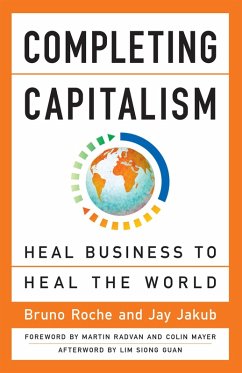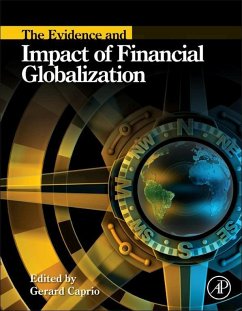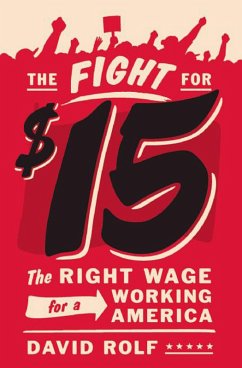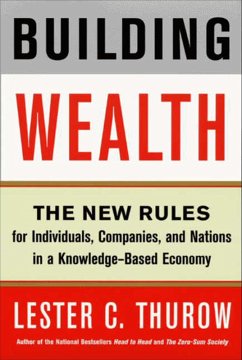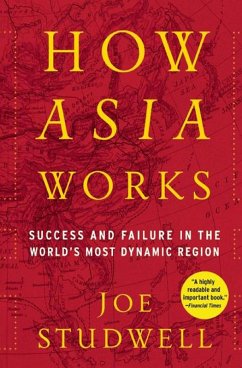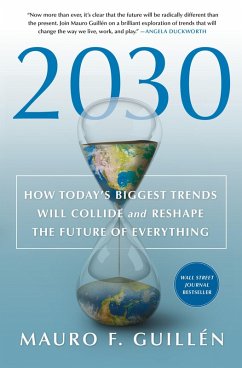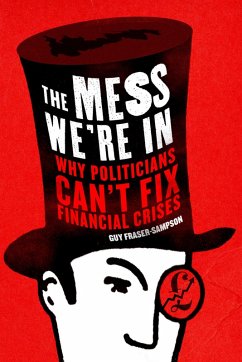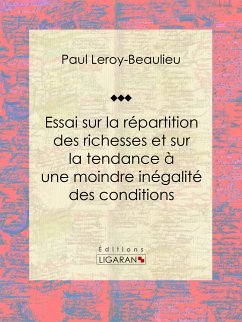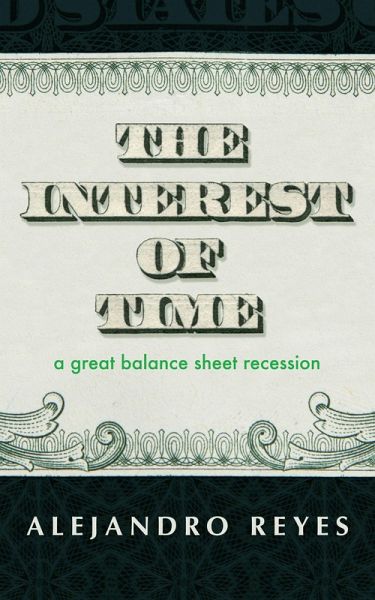
The Interest of Time (eBook, ePUB)
A Great Balance Sheet Recession
Versandkostenfrei!
Sofort per Download lieferbar
15,99 €
inkl. MwSt.
Weitere Ausgaben:

PAYBACK Punkte
0 °P sammeln!
The Interest of Time is a book about your Money.As we approach the 10-year anniversary of the events that led to the Global Financial Crisis, the economies around the world have yet to regain pre-crisis growth levels. After unprecedented levels of stimulus, the US has embarked on a process of normalization of interest rates. Will the central banks of the world raise rates before the private sector has repaired their balance sheets? Or will another recession put us on a collision course with 0% interest rates and the Zero Lower Bound?There are two ways to build wealth. Make more money. Or spend...
The Interest of Time is a book about your Money.
As we approach the 10-year anniversary of the events that led to the Global Financial Crisis, the economies around the world have yet to regain pre-crisis growth levels. After unprecedented levels of stimulus, the US has embarked on a process of normalization of interest rates. Will the central banks of the world raise rates before the private sector has repaired their balance sheets? Or will another recession put us on a collision course with 0% interest rates and the Zero Lower Bound?
There are two ways to build wealth. Make more money. Or spend less. Traditional economic theory relies on households and corporations who are always trying to "maximize profits" (make more money). However, once every 50-100 years, a special type of debt-driven recession damages balance sheets so drastically it changes people's thinking. They go into balance sheet repair mode. They spend less, instead of trying to make more.
The Great Depression was a Balance Sheet Recession that lasted over 12 years and caused a global depression that fueled the start of World War II. Japan's Lost Decade is a Balance Sheet Recession and has been raging for almost 2 decades now.
And finally, the Global Financial Crisis, or The Great Recession, is a Balance Sheet Recession. And it is not over.
Everybody knows that there was a financial crisis that occurred in 2008. This is the true story about how the 30 million families that found themselves in underwater balance sheets recovered from the greatest financial crisis since The Great Depression. Many more are still struggling under the weight of backbreaking debt and stagnant wages in the US, and around the world. This book is about the Great Balance Sheet Recession, why it happened, how the governments, households and corporations of the world can deal with it, and steps you can take to strengthen your family's balance sheet for the future.
As we approach the 10-year anniversary of the events that led to the Global Financial Crisis, the economies around the world have yet to regain pre-crisis growth levels. After unprecedented levels of stimulus, the US has embarked on a process of normalization of interest rates. Will the central banks of the world raise rates before the private sector has repaired their balance sheets? Or will another recession put us on a collision course with 0% interest rates and the Zero Lower Bound?
There are two ways to build wealth. Make more money. Or spend less. Traditional economic theory relies on households and corporations who are always trying to "maximize profits" (make more money). However, once every 50-100 years, a special type of debt-driven recession damages balance sheets so drastically it changes people's thinking. They go into balance sheet repair mode. They spend less, instead of trying to make more.
The Great Depression was a Balance Sheet Recession that lasted over 12 years and caused a global depression that fueled the start of World War II. Japan's Lost Decade is a Balance Sheet Recession and has been raging for almost 2 decades now.
And finally, the Global Financial Crisis, or The Great Recession, is a Balance Sheet Recession. And it is not over.
Everybody knows that there was a financial crisis that occurred in 2008. This is the true story about how the 30 million families that found themselves in underwater balance sheets recovered from the greatest financial crisis since The Great Depression. Many more are still struggling under the weight of backbreaking debt and stagnant wages in the US, and around the world. This book is about the Great Balance Sheet Recession, why it happened, how the governments, households and corporations of the world can deal with it, and steps you can take to strengthen your family's balance sheet for the future.
Dieser Download kann aus rechtlichen Gründen nur mit Rechnungsadresse in A, B, BG, CY, CZ, D, DK, EW, E, FIN, F, GR, H, IRL, I, LT, L, LR, M, NL, PL, P, R, S, SLO, SK ausgeliefert werden.





